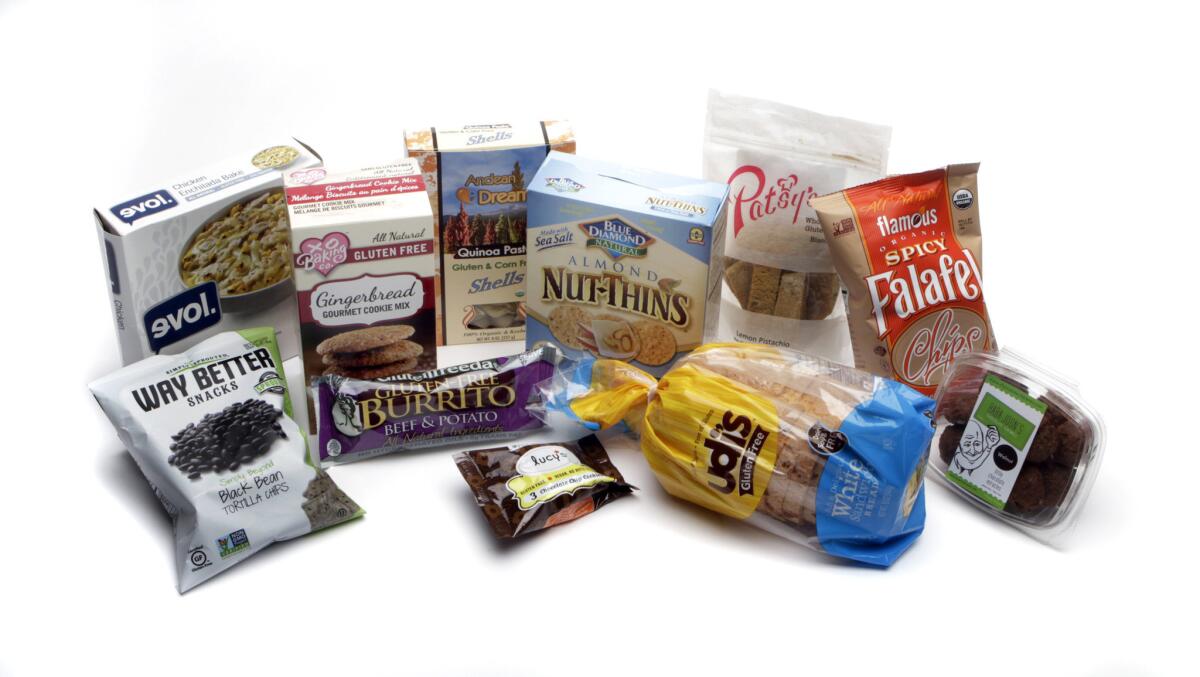What is gluten? And other frequently asked questions about gluten

What is gluten?
Gluten is a protein that is found in certain grains, including wheat, barley and rye and triticale (a cross between wheat and rye).
What problems prompt people to avoid gluten?
Gluten causes inflammation of the small intestine in people with celiac disease, which is an autoimmune disease diagnosed with a blood test or biopsy; other symptoms include digestive problems, anemia, fatigue, headaches and joint pain. Avoiding gluten is the treatment, though there is no cure. Left untreated, celiac disease can lead to severe intestinal damage and osteoporosis, among other conditions.
Other people have a less severe sensitivity that may be an allergy to wheat, or what’s called non-celiac gluten sensitivity that causes such symptoms as digestive discomfort.
What foods contain wheat?
In addition to such obvious foods as breads and cakes, many products may have wheat in them. For people avoiding gluten, it’s important to read labels. Some unlikely sources of wheat include processed meats, seasoning mixes, snack foods, soups and sauces, salad dressings, medications and supplements. In addition, people who are particularly sensitive need to avoid foods produced in facilities in which wheat products are made.
Are there risks of a gluten-free diet?
Many grain products in U.S. supermarkets are enriched with iron, thiamine, niacin, folate and other nutrients. People who eat gluten-free should check with a professional to make sure their diets are healthful.
What grains are gluten-free?
Gluten-free grains include rice, cassava, corn, millet, buckwheat, sorghum, amaranth and quinoa.
— Mary MacVean
Sources: Celiac Disease Foundation, Mayo Clinic, “Gluten-Free Recipes for the Conscious Cook” by Leslie Cerier



